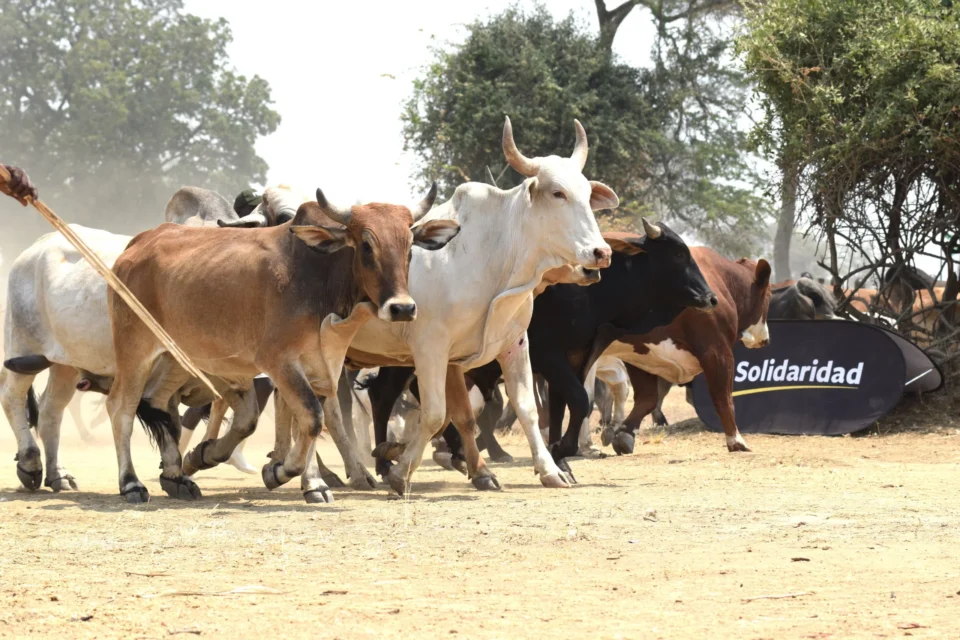As climate change intensifies, smallholder farmers in Southern Zambia are battling prolonged droughts that threaten their crops, livestock, and livelihoods. In response, Solidaridad, in partnership with Planboo and Kvuno, is equipping farmers with climate-smart solutions that not only improve agricultural productivity but also create new income streams—all while contributing to global carbon reduction efforts.
Farming in a Changing Climate: The Need for Innovation
With Zambia’s agriculture sector heavily reliant on rain-fed farming, rising temperatures, erratic rainfall, and soil degradation are severely impacting smallholder farmers. To address these challenges, Solidaridad is implementing sustainable farming techniques that build resilience and unlock economic opportunities.Biochar: A Game-Changer for Cotton Farmers
Through the RECLAIM Sustainability! (RS!) Cotton Project and Pathways to Prosperity (P2P) Initiative, Solidaridad is pioneering the use of biochar—a soil-enhancing amendment made from cotton stalks that helps retain moisture, enrich soil fertility, and boost crop resilience to drought.Key Impacts of Biochar Adoption:
✅ Higher Yields – Over 2,000 farmers have adopted biochar, increasing cotton yields from 350 kg to 800 kg per hectare. ✅ Carbon Credit Earnings – In the 2024-2025 farming season, 450 farmers will earn additional income from carbon credits, providing financial security amid climate uncertainty.“Biochar is transforming farming in Zambia. It improves soil structure, increases yields, and creates a new income stream through carbon credits. Farmers are now actively contributing to climate action while securing their livelihoods,” said Pamidzai Bota, Regional Programme Manager, RECLAIM Sustainability! Cotton & Textile.
Sustainable Livestock Farming: Restoring Land & Boosting Livelihoods
Beyond cotton farming, Solidaridad is also promoting sustainable livestock management through the P2P Livestock Project, which supports farmers in three chiefdoms across Southern Zambia. Through rotational grazing, farmers are preventing overgrazing, allowing pastures to regenerate, leading to: ✅ Healthier livestock with better weight gain and productivity. ✅ Improved soil fertility due to better pasture management. ✅ Lower carbon emissions, making livestock farming more sustainable.“Smallholder farmers are not just adapting to climate change; they are leading the way in innovation. By adopting practices like rotational grazing and biochar use, they are securing food production while ensuring long-term environmental sustainability,” said Sheila Garakara, Solidaridad Country Manager (Zambia).


